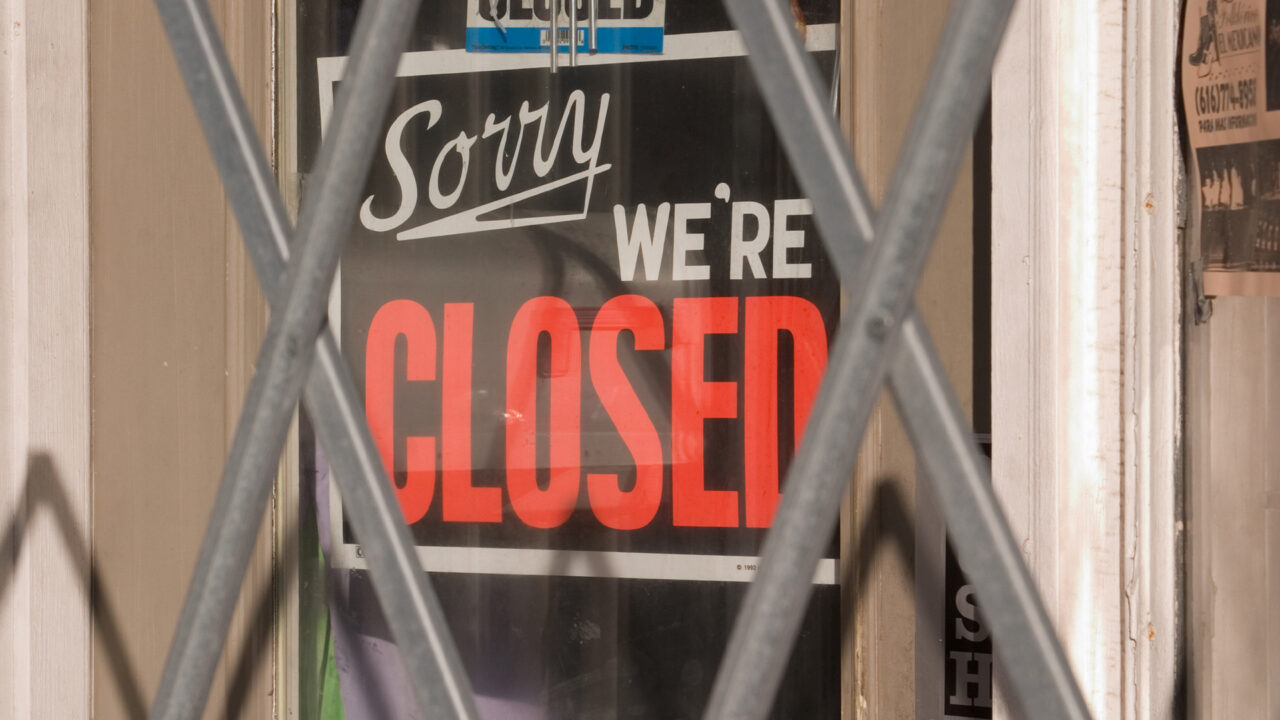Commentary

Pennsylvania Can Beat COVID-19. Here’s How
On March 6, 2020, Pennsylvania had its first reported case of COVID-19. Roughly three weeks later, those case numbers were in the thousands. Most of the outbreak is still contained in Allegheny, Philadelphia, and surrounding counties.
Governor Wolf has taken unprecedented steps to contain the spread of the virus. It’s a thin tightrope to walk, but lawmakers must balance policies that keep Pennsylvanians safe with those that empower medical workers, protect the health care supply chain, and get the economically vulnerable back to work as soon as possible.
In this crisis, flexibility is the key to resilience. We must continue to suspend and repeal occupational license restrictions, and ease the closure of private businesses to help people maintain their livelihoods and healthcare benefits.
Pennsylvania’s leaders have made the right move in some key areas:
Medical licensing and regulation
Because medical professionals must be equipped to serve as many patients as possible, the Wolf administration has taken actions to reduce regulatory barriers. Aided by the federal rollback of HIPPA regulations, Pennsylvania is allowing any Pennsylvania provider, and providers in other states, to meet with patients via Telemedicine. Additionally, the state department is waiving several licensing regulations to expand the number of health care workers available (including students and retirees) and allowing providers to expand their scope-of-practice by waiving restrictions on how and when they can practice.
Re-opening the PA Turnpike
When the initial shock of COVID-19 led to shortages of essentials like toilet paper and hand sanitizer, businesses stepped up to meet the demand. Chad Butters is the founder of Eight Oaks Distillery in Pennsylvania—his operation temporarily switched over to making hand sanitizer to meet the surge in demand. Of course, re-tooling an entire business creates new logistics and transportation needs.
The state has facilitated this flexibility by protecting transportation routes. Originally, reduced services at rest stops along the PA Turnpike prevented truckers from using it effectively, but PennDOT reversed this decision. Quick responses like these support private industry—the best way for our state to remain flexible.
But there is lots of room for improvement in important industries:
Let Pennsylvanians buy alcohol
Pennsylvania has some of the most restrictive liquor laws in the nation. The closure of state operated stores brings these restrictions to the forefront, by eliminating Pennsylvanians’ ability to legally purchase liquor. Right now, the purchase of any alcohol is limited to licensed grocery and beer retailers.
Other states have relaxed restrictions to permit businesses with liquor licenses to sell alcoholic beverages so long as they are consumed off–premises. This opens the door for serving customers through pick-up and delivery options during COVID-19. Pennsylvania should follow the lead of other states during this time, by permitting retailers to sell liquor and provide access to Pennsylvanians like its neighbors.
Open more doors for medical professionals
While there are no barriers to telemedicine, the lack of certainty around payment or price parity has stunted the growth of this powerful tool to expand access to care. Lawmakers can encourage more telemedicine now and in the future by passing Senate Bill 857.
In addition, state lawmakers should expand the scope of practice for key medical professionals like nurse practitioners by passing Senate Bill 25/House Bill 100.
Offer a fair deal to the private sector
Governor Wolf is offering flexible working solutions for state employees that includes staggered scheduling and remote work to limit person-to-person contact.
In contrast, the Governor has forced thousands and thousands of private businesses to close, resulting in mass layoffs and 750,000 unemployment claims in Pennsylvania in the last two weeks alone.
Despite the closures, some Pennsylvania businesses are finding unique solutions that embrace both public safety and innovation. Many chain restaurants are offering drive-through only, some businesses like Best Buy are offering curb-side pick-up, and gyms are adapting through virtual services.
More Pennsylvania workers should be offered the opportunity to adapt by lifting these bans on business operations. Well before the forced shutdown, several Pennsylvania businesses had voluntarily closed, as demonstrated by early unemployment claims.
Graph: First Time Unemployment Claims
COVID-19 is an uncharted policy landscape that is constantly changing. There is no one–size–fits–all solution. However, freeing health care workers from regulatory red tape and allowing businesses to find ways to operate safely should be a priority if we want to beat this virus.